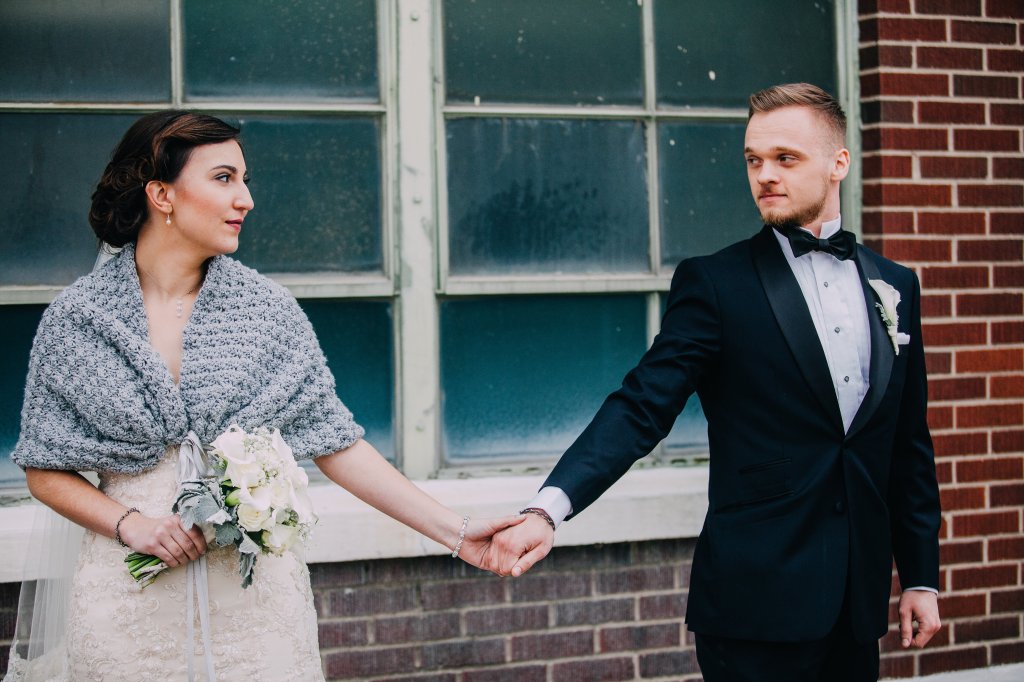Category: Vocation
-
Follow You Anywhere

I have spent the last five years of my marriage fighting to be the one in control, fighting to have the final word, fighting to be the one to lead. I have been so determined that being equal to my husband is to have equal say and equal contribution that I missed a critical point:…
-
Marriage and the Universal Vocation of Motherhood
My experience with discerning religious life and entering into marriage have taught me that every woman is a mother. Every woman is called to be a mother, though her motherhood is expressed differently and uniquely. Reading Edith Stein’s Essays on Women has confirmed what I have known in my heart–that every woman, no matter her…